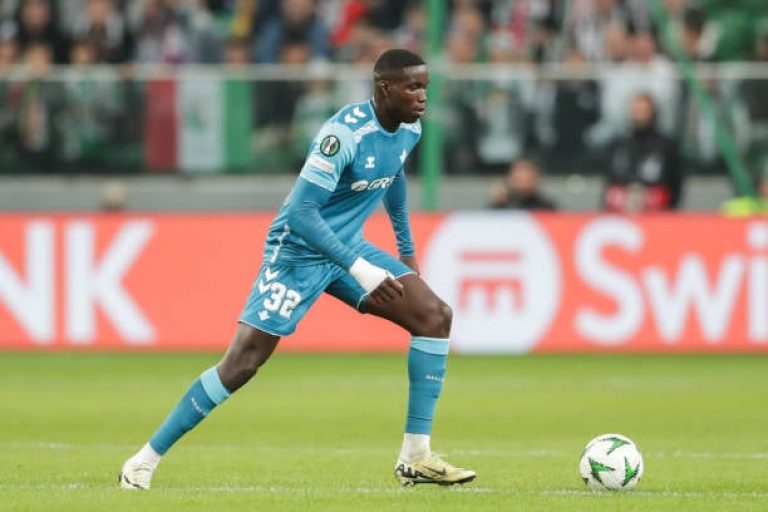Senegal guaranteed historic first as Conference League final confirms national winner

A Senegalese footballer is set to lift the UEFA Europa Conference League trophy for the first time in the tournament’s history, following the semi-final exits of Fiorentina and Djurgårdens—both of which had no Senegalese representation in their squads.
With Chelsea and Real Betis advancing to the final, the May 28 showdown in Wrocław will feature at least one Senegalese player on the winning side, marking a milestone moment for the West African nation in European club competition.
Chelsea progressed to the final in dominant fashion, dispatching Swedish side Djurgårdens with a 5-1 aggregate score.
A 4-1 win at Stamford Bridge was followed by a composed 1-0 victory in Stockholm.
Among the Blues’ key assets is Senegalese striker Nicolas Jackson, who continues to play a prominent role in their European campaign.
For Real Betis, the route to the final proved far more dramatic.
After securing a narrow 2-1 advantage in the first leg against Fiorentina at home, the Andalusians were pushed to the brink in the return fixture.
Fiorentina struck twice to take the lead, but Betis clawed back with a goal that forced extra time before sealing a 2-2 draw—enough to progress 4-3 on aggregate.
Betis’ victory ensures that Senegal will be represented by Youssouf Sabaly and Nobel Mendy in the final.

Both defenders have contributed to the Spanish club’s European run and now stand on the cusp of continental glory.
This outcome guarantees that one of the three Senegalese players—Sabaly, Mendy, or Jackson—will etch their name into history as the first from their country to win the Europa Conference League, now in its fourth edition.
The tournament, introduced by UEFA to provide more clubs across the continent with European exposure, has quickly grown in stature and prestige.

The final in Wrocław promises not only a battle between two high-profile clubs from England and Spain but also a celebration for Senegalese football, which continues to produce elite talent making waves across Europe’s top leagues.
With national pride on the line and history waiting to be made, the May 28 fixture offers more than just a trophy—it represents the rise of Senegalese influence on the European stage.












